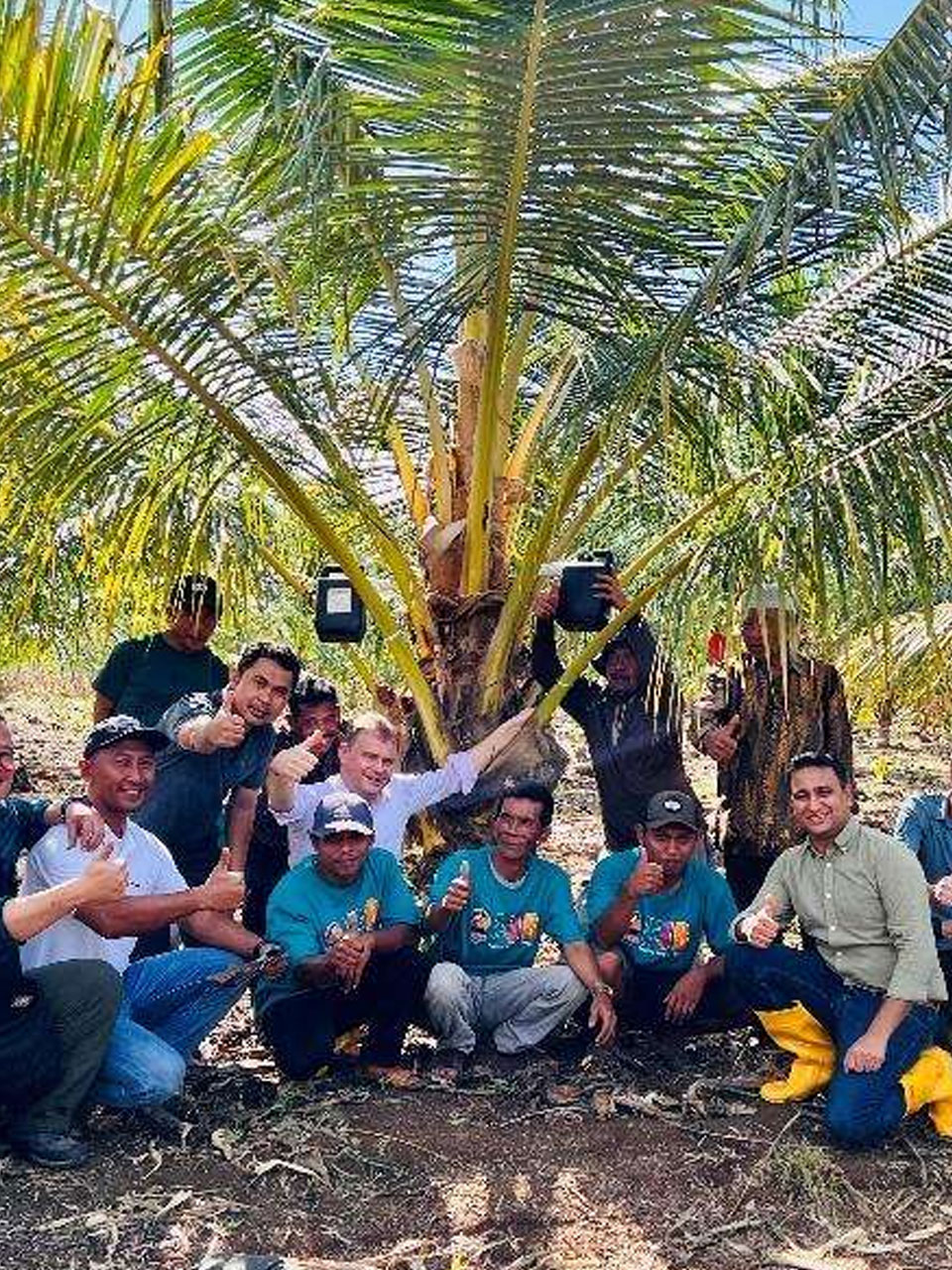For best experience, use Nutshell app on your smartphone.
2:10 pm on 15 February 2023, Wednesday

Early in 2022, Unilever announced changes to its global organizational model to make it a simpler, more category-focused business. The new structure is helping Unilever navigate to sustainable growth, faster innovation, and a profitable future with five distinct Business Groups: Beauty and Wellbeing, Personal Care, Home Care, Ice Cream, and Nutrition.
Kristine Go has stepped into her role as the new General Manager of Unilever’s Nutrition business for Southeast Asia. Kristine is a Unilever veteran with a career spanning nearly two decades across multiple markets and with winning brands and campaigns under her belt. Most recently, she was awarded as Chief Marketing Officer of the Year at the Asia Pacific Tambuli Awards 2022.
Driving Nutrition’s Future Foods Ambition in SEA
Unilever Nutrition Southeast Asia business serves equivalent to almost 1/10th of the world’s population. This presents various opportunities to continue growing the business in the region in the categories of scratch cooking aids, dressings, and functional nutrition, and to use Unilever’s scale for good.
In 2020, Unilever announced an expanded Future Foods ambition with two key objectives: help people transition towards healthier diets; and to help reduce the environmental impact of the global food chain.
With this, Unilever has committed to:
• An annual €1 billion global sales target from plant-based meat and dairy alternatives within five to seven years
• Halve food waste in direct operations from factory to shelf by 2025
• Double the number of products that deliver positive nutrition by 2025
• Continue to lower calories, salt and sugar across all products.
“What we put on our plate has an impact on our health and the health of the planet, and the livelihood of thousands of farmers so as Unilever Nutrition, we’re on a mission to help everyone eat for good today,” shared Kristine.
Unilever developed Regenerative Agriculture Principles which helps farmers throughout its supply chain regenerate their land and ensure its long-term viability and resilience, while growing ingredients for its products that are in harmony with nature.
Indonesia’s beloved Bango sauce uses key ingredients like black soybean and coconut sugar. In partnership with the University of Gajah Mhada, the company developed a distinct variety of soybeans planted during the dry season, helping supplement income for 2500 smallholder farmers. Working with the Balit Palma Institute, Unilever Indonesia helped develop a dwarf variety of coconut trees that would provide better yield, significantly higher income for the community, and ultimately promote safer farming practices for both the land and the farmers.
In the Philippines, Sampalok is a key ingredient in Knorr’s portfolio, so its partner landmark farms are among those that have fully and successfully integrated sustainability principles in its operations. To date, the partnership benefits over 800 smallholder Sampalok farmers and their families.
Through programs of regenerative agriculture, highlighting nutrient-focused foods, increasing its plant-based portfolio, combating food waste, and so much more, Unilever is striving for a future where the food system can put food on 10 billion plates while caring for the planet.
Making nutritious and delicious meals more accessible in the PH
On the average, Filipino families prepare 45 dishes a week. In the aftermath of the pandemic, fresh home cooking remains universal and occupies most home meal occasions. Filipinos are viewing health holistically and wellbeing and family bonding have figured highly in their priorities. And the common denominator that brings these altogether is food.
Knorr and Lady’s Choice are among Unilever’s prized food brands in the country, nearly synonymous to Filipino family meal favorites like ‘sinigang’ and ‘macaroni salad.’
More than being profitable brands that deliver consistent and competitive growth for the company, Unilever’s nutrition brands have made great strides in sustainability and are gearing to accelerate its portfolio transformation aligned with the Future Foods ambition.
Knorr was able to unlock key partnerships with the government and NGOs to deliver social impact. The Knorr Nutri-Sarap Program educates and empowers mothers to prepare nutritious, delicious, and affordable meals for the family, successfully delivering 50% improvement on the malnutrition rates of program participants below five years old and impacting 1.5M individuals in Metro Manila and CALABARZON. The program is recognized globally as a best-in-class purpose initiative, now replicated in multiple Unilever markets, including Indonesia with its Royco Nutrimenu Program.
Flexitarism is a key global food trend with 23% of global consumers on a low meat diet. Through Unilever Foods Solutions, plant-based options without compromise on taste and texture are now available in the Philippines and other key markets through The Vegetarian Butcher.
Unilever wants to be a World-Class Force for Good in Food, with top growth and financial results, and by fielding Boldly Healthier plans for people and planet, all the way from farm to fork.
“We share with our suppliers and growers a joint vision on sustainability, to help minimize negative impacts on the environment, protect biodiversity and contribute to better rural livelihoods. This is how we drive change in our food systems and how we reshape the Southeast Asian food culture to one that is more delicious, more nutritious, and more sustainable,” shared Kristine.